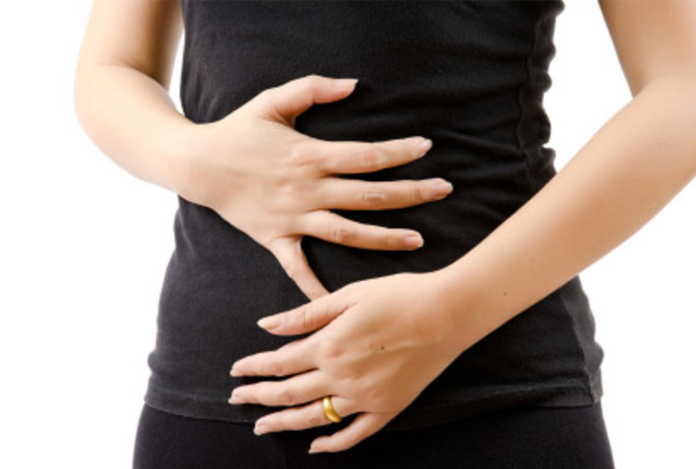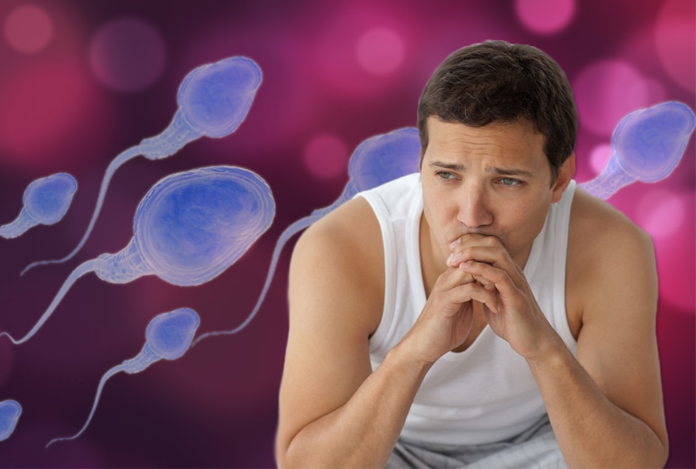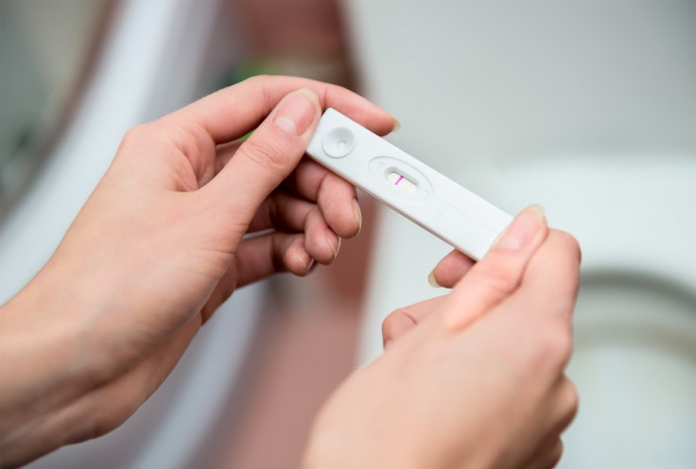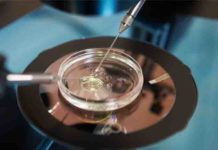
Infertility is a condition in which conception of children is not possible. Medically, infertility is defined as not being able to have a baby after at least one year of having unprotected sex. Either partner may be having the problem, or it may result from a combination of factors. It must be noted that infertility is not a disease, but it can affect all aspects of a person’s life.
Infertility can lead to various psychological issues like frustration, anxiety, depression. It can affect both the genders. Majority of male infertility is due to low sperm count, bad sperm quality or both. Females having infertility face issues with ovulation, cervix problems, damage to uterus or fallopian tube. Female Infertility also occurs as a woman ages because fertility naturally tends to decrease with age.
Infertility occurs in about 15% of the cases globally. Some causes can be detected and treated while some may not be treatable. Around 10% cases are that of unexplained infertility.
Types of Infertility
There are two types of infertility. One is primary infertility in which a couple has never had a pregnancy. There is another type of infertility, known as secondary infertility. In this, a woman has been pregnant before, but is not able to conceive as of present scenario.
Symptoms of Infertility
Symptoms in Women
In women, the following can be the symptoms of infertility:
- Changes in menstrual cycle
- Abnormal periods. Generally, heavier or lighter periods
- Irregularity in periods, i.e., difference in the number of days between periods
- No periods, i.e., periods never started or have suddenly stopped
- Painful periods, i.e., one may experience pain in back, pelvis and occurrence of cramps
- Changes in skin; also having more of acne
- Changes in libido and sexual desire
- Dark growth of hair on the chest, chin and lips
- Thinning of hair or hair loss
- Weight Gain

Symptoms in Men
The symptoms may not be very clearly seen in males. These may be overlooked until one tries to have a child. Some symptoms are given below:
- Changes in growth of hair
- Change in libido
- Issues with erection and ejaculation
- Lump, swelling or pain in the testicles
- Small and firm testicles

Causes of Infertility
Causes of Infertility in Males
The following are the causes of male infertility:
- Hormonal Deficiencies: It happens due to lack of follicle stimulating hormone (FSH) and luteinizing hormone (LH) from the pituitary gland. Testicular functions are controlled by these hormones, the lack of which may result in sperm shortage. This type of infertility does not affect more than 1% of infertile men.
- Obstruction: This is also known as obstructive azoospermia. This is associated with lack of sperm due to blockage. In this, the genital pathway gets blocked, which inhibits the transportation of sperm between the testicles and penis.
- Non-Obstructive Azoospermia: This is the case when there is lack of sperm in the semen. Thus, in this condition, no sperm is produced by the sperm-producing cells. It can also occur due to sperm-producing cells not developing fully as a result of genetic disorders or testicle inflammation.
- Sperm Antibodies: These develop in men, who have been through vasectomy. These antibodies stop the production of sperm, resulting in decreased number and motility of sperm.
- Ejaculation Disorders: Premature ejaculation can also lead to infertility. Retrograde ejaculation in which ejaculation of semen happens in the reverse direction interrupts the transfer of sperm in the vagina.

Causes of Infertility in Females
- Disorders Related to Ovulation: These disorders may be caused due to imbalance in the female sex hormones – progesterone and estrogen along with LH and FSH produced by the pituitary gland. These hormones work by releasing the eggs from the ovary at the correct time, leading to growth and development. Thus, if there is imbalance in these hormones, ovulation disorders may happen that can cause infertility.
- Disorders Related to Uterus and Cervix: Embryo may not be able to attach itself to the uterus if there are some malignant protrusions or growth on the walls of the uterus. Also, if the shape of the cervix is irregular, it can stop the transfer of the sperm to the uterus.
- Sperm Antibodies: The presence of sperm antibodies in the vagina and cervix of female can cause infertility. These antibodies are dangerous to the sperm and hence, sperm are not able to fertilize the egg.
- Failure of Ovaries: Any malfunctioning in the ovaries can lead to infertility. Failure can happen if a person has undergone chemotherapy or surgery for ovarian tumors.

Cure of Infertility
Cure for Women
Treatment depends on the causes that are preventing the women from getting pregnant.
If there are issues with ovulation, one may go for medications, such as clomiphene, which stimulates ovaries to release eggs. Other medicine that can be used is metformin, which is used for the treatment of polycystic ovary syndrome
If infertility cannot be attributed to any causative factors, one can go for
- Clomiphene
- Hormone injections
- Insemination
Blocked or damaged tubes: Tubal surgery may be required if the fallopian tubes are blocked
Endometriosis: If this is the reason of infertility, one can go for laparoscopic surgery for the removal of endometrial tissue.

Cure for Men:
- Insemination: In this, the sperm is collected and then, concentrated for boosting the number of healthy sperm for insemination.
- In Vitro Fertilization: It is a common type of Assisted Reproductive Technology (ART). In this, fertilized egg or eggs are placed in the woman’s uterus via the cervix.
- Intracytoplasmic Sperm Injection: In lab, a doctor puts one sperm in one egg. If fertilization happens, the embryo is placed in the uterus of the woman.











